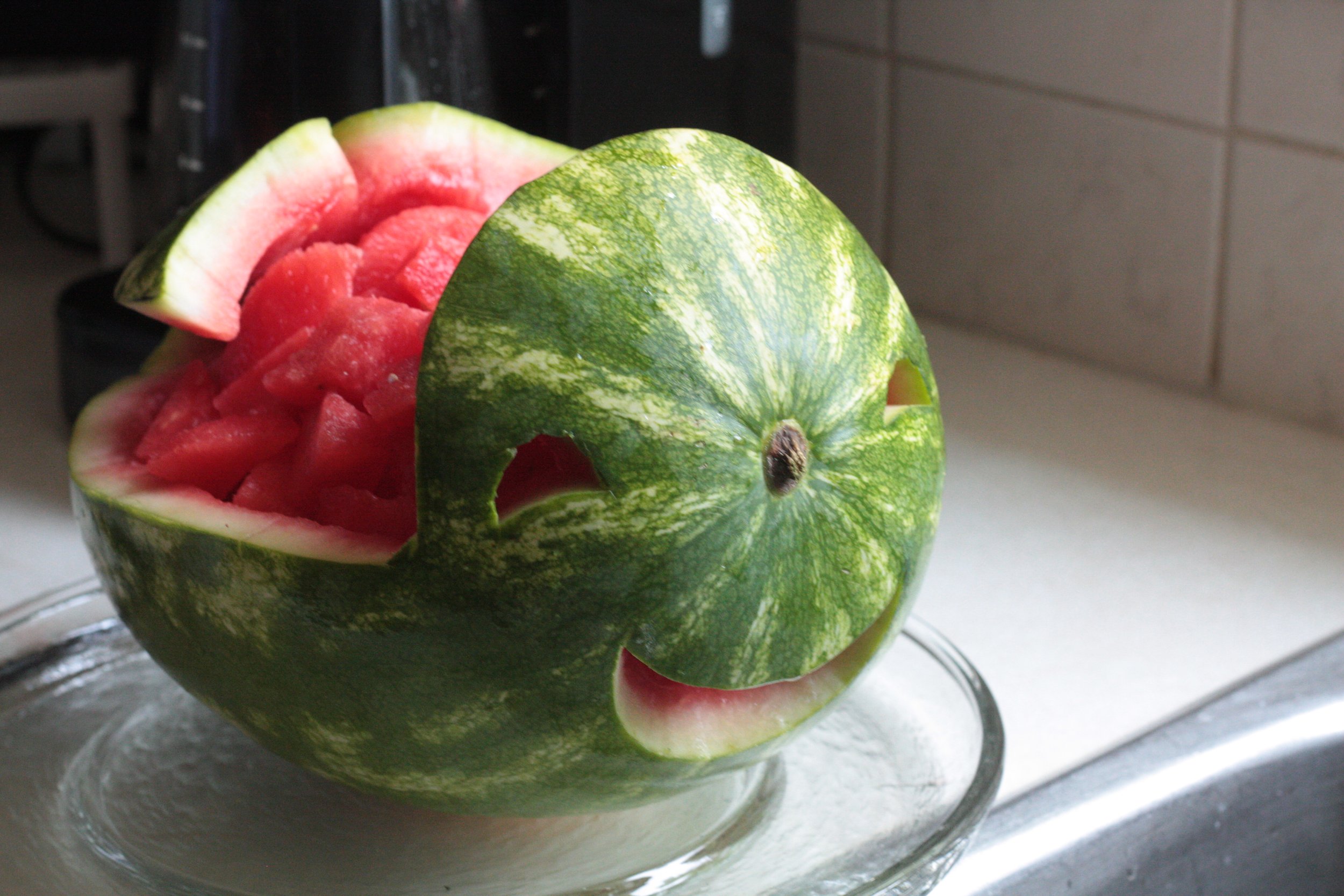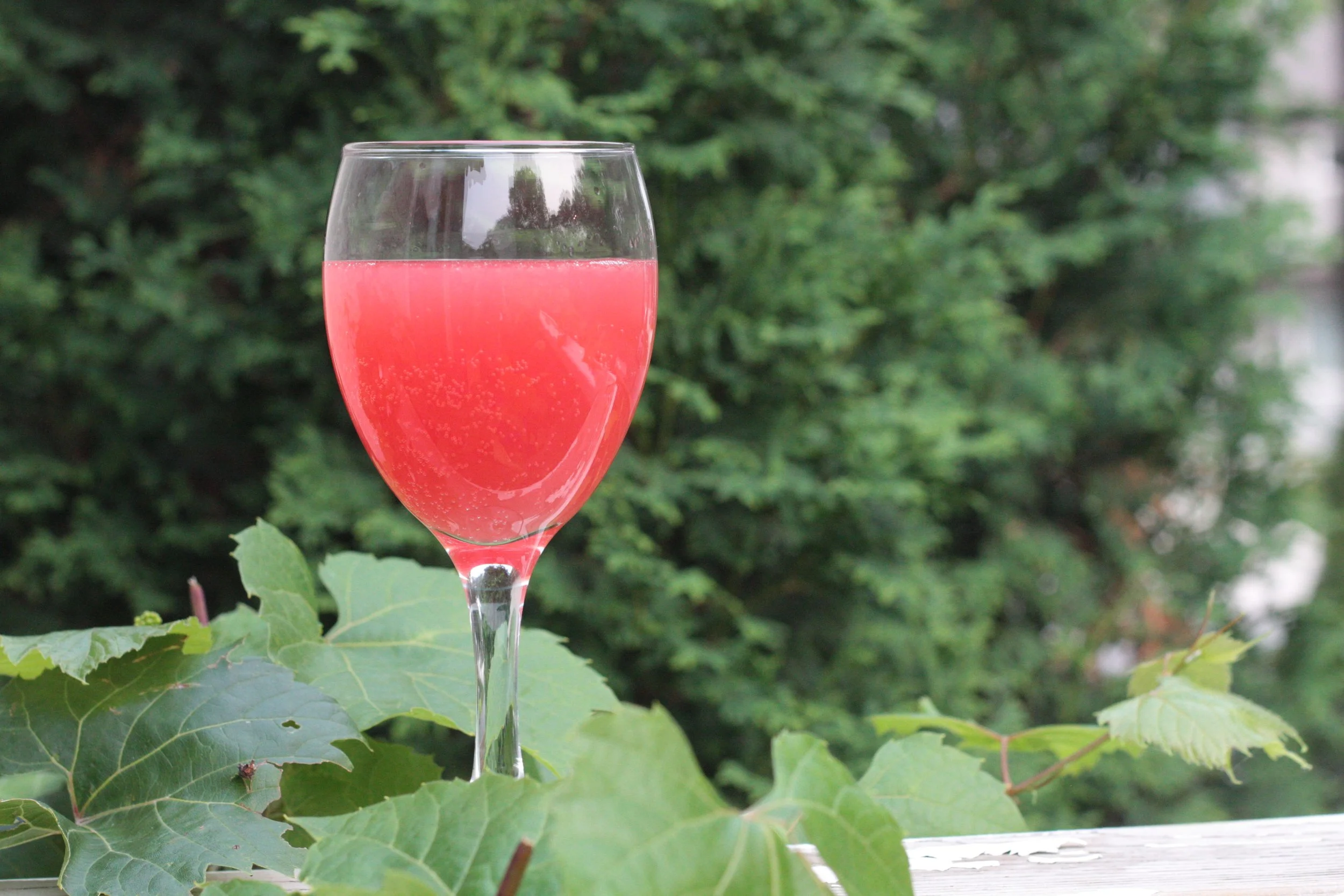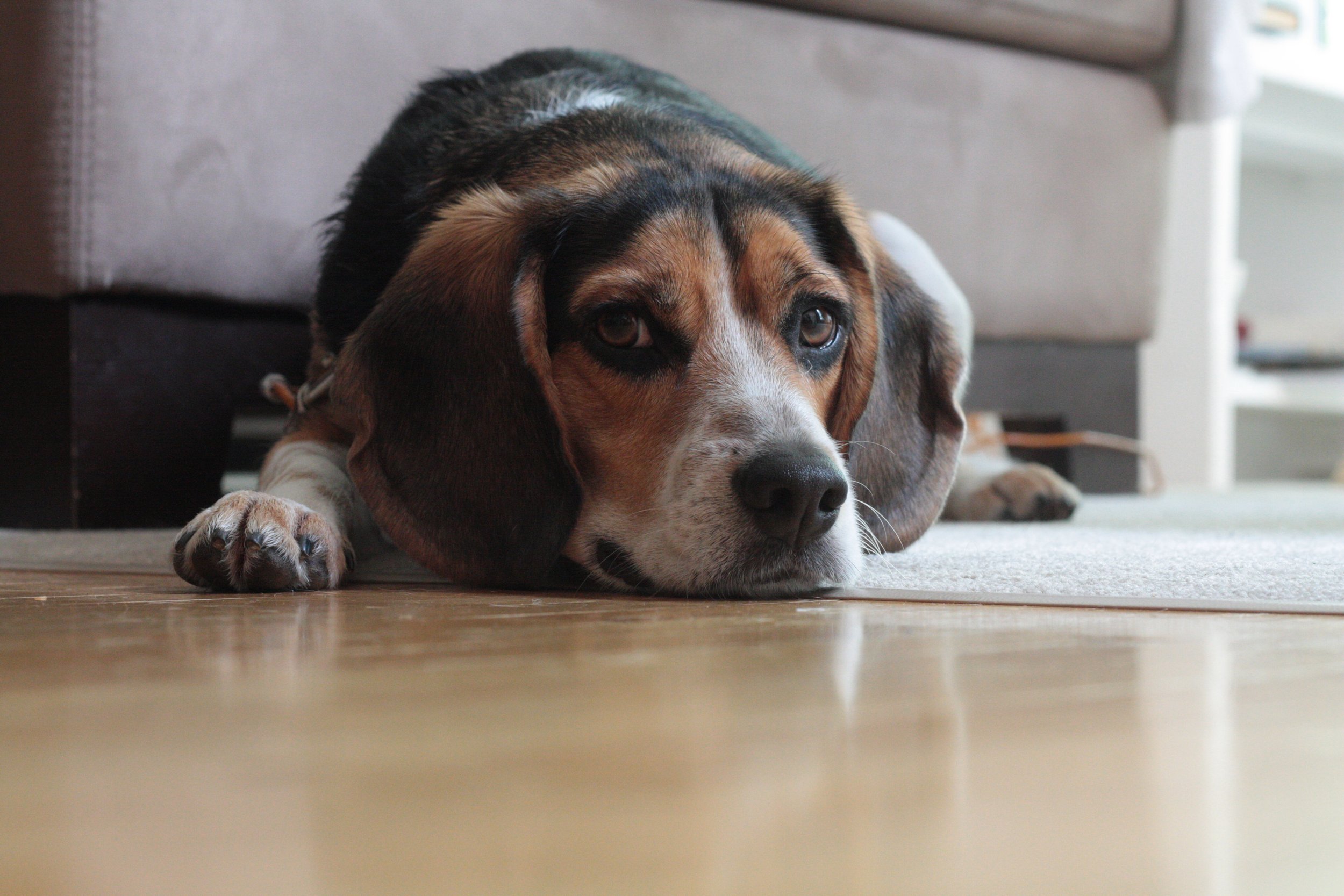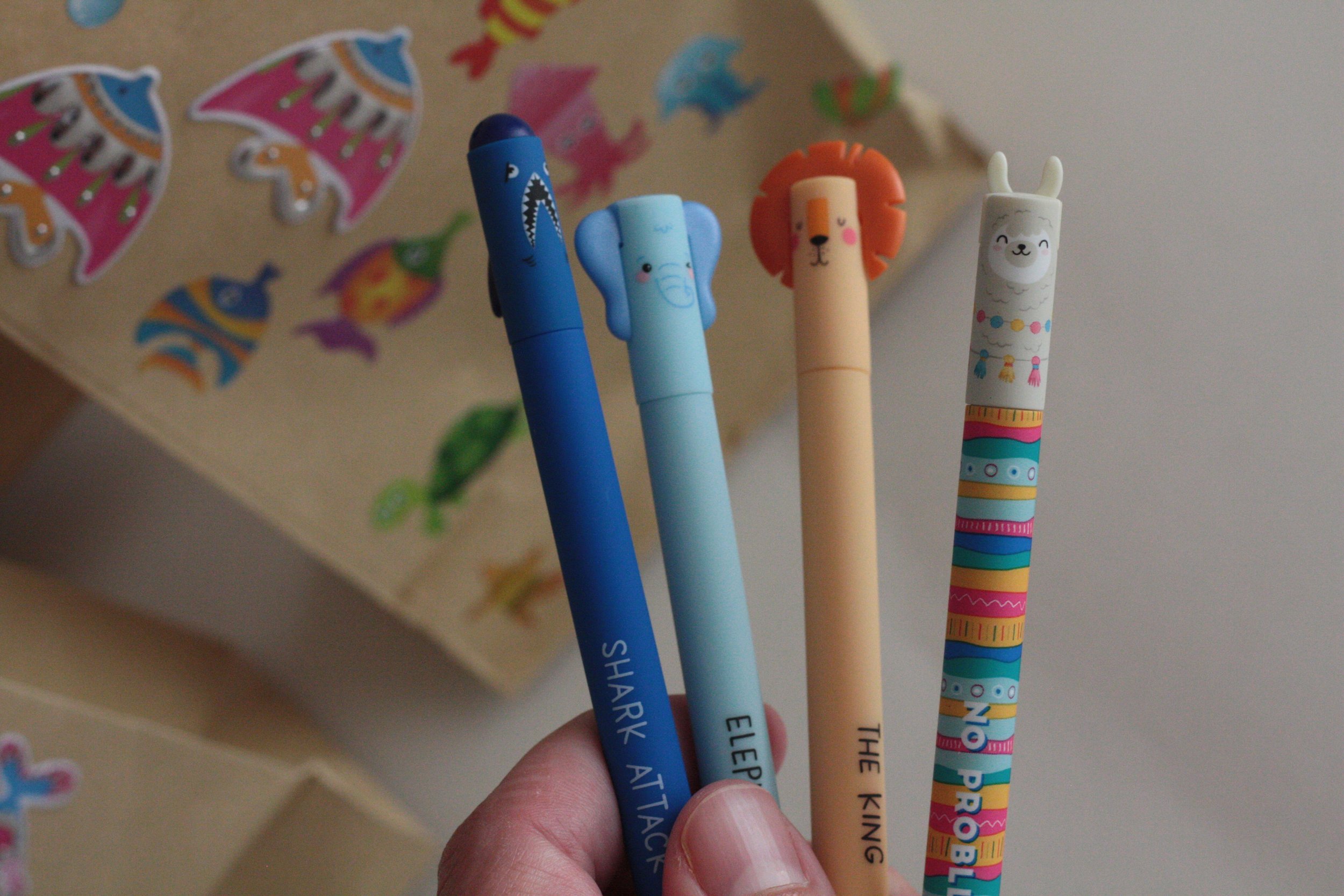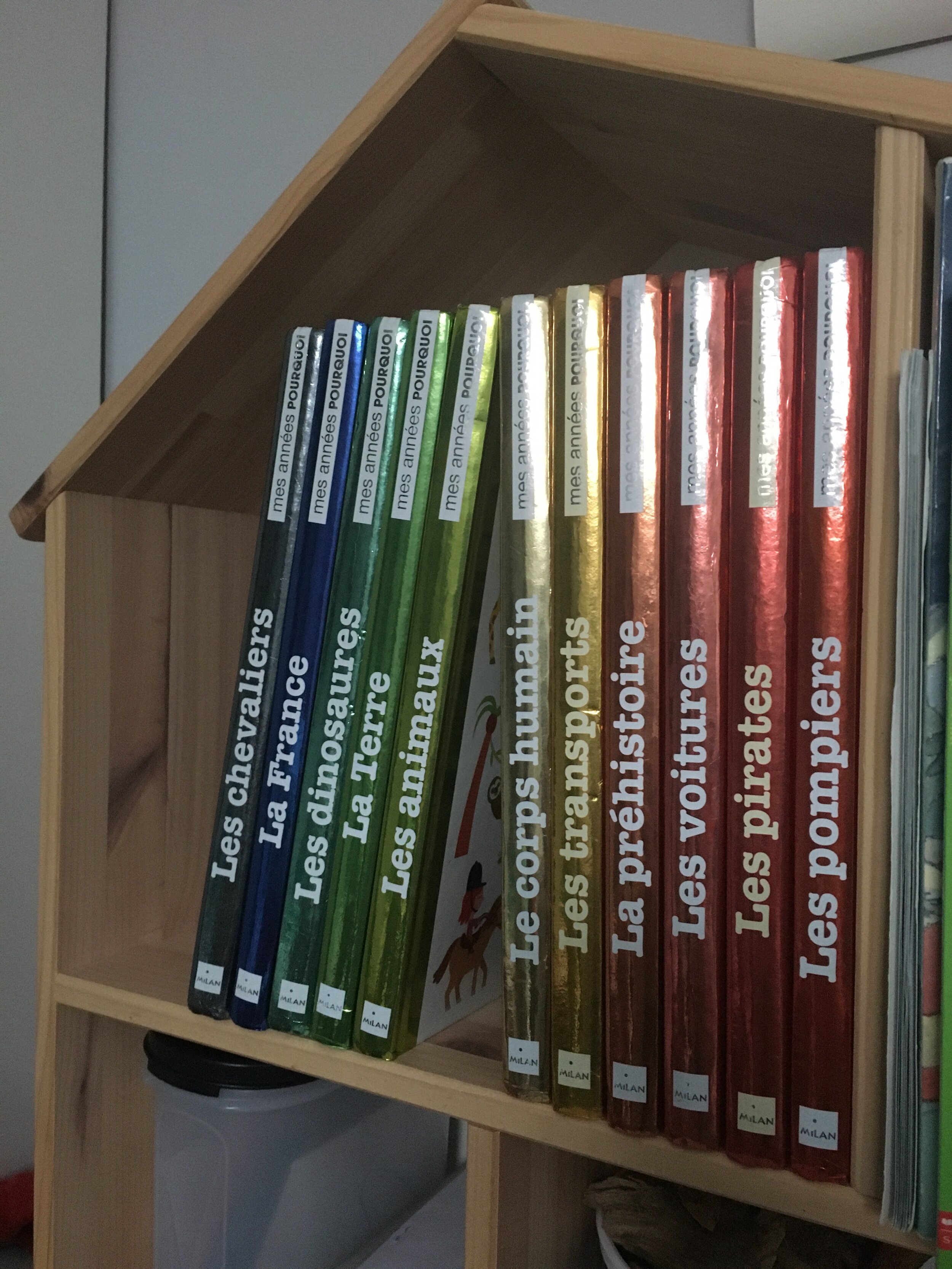When it comes to relating how your offspring entered the world, few people will sit in rapt attention as you describe the gooey details. But these stories comforted me when I was pregnant and mark milestones in my life.
The first – Marie-Hélène. My husband and I were four years married when I decided to attend university full time and work part time. We were having trouble conceiving and had had a miscarriage two years prior. As if studies excited my fertility, I immediately fell pregnant in September and finished the school year with a big belly. This first full-term pregnancy felt like an adventure where my attention was constantly drawn inwards, as if my body had become an artist’s studio and I wasn’t the artist. I was busy and active and constantly fighting the urge to nap, only to wake up in the middle of a class trying to still look attentive, panicked that I might have drooled onto my notebook.
Christian and I attended the recommended pre-natal classes and as labour loomed ahead of me, I was counting on getting an epidural, if only because I had no idea what to expect for pain, and panicked at the thought of trying to manage it on my own. Labour started on a perfect summer day. I’d had my last day at work and Christian was having his last day at school with a staff party scheduled that evening. I was sitting in the sun on a porch swing when the first gentle contraction came. I walked around the garden, packed a bag, and then when my brother, who rented a suite downstairs from us, came home; he was enthusiastic about the news and helped distract me with a movie. I called Christian before the end of his staff party because I was excited. It had been over an hour of contractions five minutes apart. We went to the hospital that evening and I was only barely dilated. The nurse sent me home to dilate more. This involved a hot bath, lying down, and fist-clenched wishes that pelted themselves against this giant pain that kept advancing. At four in the morning, I was miserable and so we went back to the hospital. The nurse estimated dilation at four centimetres and said “good work mum”. I was admitted to a room where my water broke as I was sitting on a pink exercise ball at the foot of the delivery bed. I requested the epidural and Christian got to see its lovely effects when I relaxed enough to take a short nap.
Saint-Boniface Hospital, where I was admitted for all three babies, is a teaching hospital so that nurses and doctors file in and out of patients' rooms regularly. In and out through contractions and labour that intensified as the sun rose and pushing began. Pushing lasted two hours. Our daughter was born at eleven that day, tiny and delicate with a head like a peony bud. She hardly cried and instead opened her eyes and looked around as if already intently curious. The medical staff called it a textbook delivery.
Magical moment: When we’d attended the pre-natal classes, the nurse encouraged us to touch the baby’s head as it was crowning during delivery. We did, Christian guiding my hand, and it was just as special as the nurse had promised. For a moment the room and the people in it and the discomfort of the situation dissolved and I felt my daughter separate from me who had housed her all this time, her movements inside, now on the very brink of being outside.
Lesson learned: No matter the preparation you think you have done, there is nothing to compare to the overwhelm of having an infant at home for the first time. Christian and I briefly mourned our previous life as a carefree couple and then saw each other through an intense summer of learning to care for a baby.
The second - Cedric. Christian and I were anxious to provide a sibling for our little girl and in the four years that separate our daughter and son, we had three miscarriages. (You can read more about the miscarriages here.) At numerous points during the first trimester we were certain this would be another miscarriage, but the pregnancy continued to progress and I brought to term an active, pointy-elbowed little fish.
In my final appointments with the gynaecologist our boy was persistently head up. A c-section was scheduled on a day that happened to be our wedding anniversary. When we arrived at the hospital the doctor performed a final ultra-sound only to see that Cedric had done a flip and was now properly head-down. We were sent home to await a natural birth. This was a surprise and every day of waiting was hard. I felt unprepared for a natural delivery, made a dash for the bookstore where I picked up Birthing From Within and hired a doula.
It turned out to be a hard and long labour that stalled more than once. The nurse set up an oxcytocin drip and kept increasing the dosage. The attending doctor, my own gynaecologist, decided to pierce the bag of waters and we all had a moment’s divertissement when more towels had to be fetched to catch all the water. Still our boy delayed. In the last hours of labour I took Fentanol, a drug that helped numb the fear of an endless labour. Pushing lasted only fifteen minutes and Cedric was immediately plopped onto my belly for his first feed. Of average size and weight, Cedric was a cuddly baby. He happened to be born on the same day as Prince George, at seven in the evening. Later on the nurse showed us the placenta, examining it with gloved hands, stretching it out like a frog’s throat, and remarking that it had a double membrane. Cedric had lots of mucus at first, but we were quickly discharged to our little home as a family of four.
Magic moment: At one point during the long labour, I was lying on the bed and wondered aloud to the nurse what the urge to push felt like. A little later when a resident was about to check the dilation, I had a contraction and as if a switch had been flipped, the urge to push arrived. It became a capital letter expression in my head.
Lesson learned: Doulas are a good thing, but if I were to navigate the experience again, I would make sure we were a better match. My doula was lovely and no doubt well-intentioned, but our personalities were very different. The short time I’d had to secure her services was a disadvantage.
The third - William. Life was pretty smooth with a boy and a girl. “This is easy” we thought… So we started discussing a third. The pros and the cons, feelings, desires, expectations, and right there in the middle of the discussions, in the middle of days when I’d waver back and forth between what we knew and what we didn’t, ease and unease, I fell pregnant. And the pregnancy stuck. I ballooned to massive proportions and hoped that this baby would be fat and healthy. It was in this third pregnancy that I finally, finally realized that I could avoid feeling awful in the morning if I abstained from cereal and toast and took eggs and fruit instead. As I entered the third trimester, I started thinking about delivery, panicking, really. I found a set of CDs by Belleruth Naparsteck called “Meditations to Support a Healthy Pregnancy & Successful Childbirth” and listened to it at least once a day, waddling around the block, or sitting and napping, or at night before bed. I think she helped to calm my mind, to wrap me up in comfort when my head wanted to separate between two feelings; the insatiable desire for sympathy and the frustration of being a woman not any different from all the other child-bearing women.
William’s labour stretched out for days. I’d be fine during the day, then night would come and contractions would start. I’d time them, hope for a steady pace, then an increase in pace, but they would taper off, or come only in spurts, and the night would go by while I was uncomfortable and impatient. I visited the hospital early on, but there had been hardly any dilation at all. Finally, on the third night of this, the kids already sleeping at their grandparents’, the contractions came on strong and immobilizing. At the hospital, one of the nurses noticed during an examination that our baby wasn’t head down, and went to find an ultra-sound machine to confirm this. A doctor was called and between contractions we discussed options. This was an exciting and completely unexpected twist, and since the doctor was confident about performing a natural delivery, that is what we chose to do. It might not have been a choice had I not already delivered two other babies naturally.
Nonetheless it was considered a risky delivery and so I was prepped in case a Caesarean was needed. I was administered an epidural and eventually wheeled into an operating room. Pushing took about forty-five minutes, slowed because of the epidural which also deprived me of the urge to push. Christian was with me the whole time and would take peeks at the baby’s progress. Natural delivery of a baby who wasn’t head down garnered a crowd of medical personnel. My legs had been tied up and out of the way and hurt for months afterwards. When only the head remained to be delivered, the main doctor took on a seriousness and concentration that hushed the room. I was given a fantastic episiotomy and I felt the forceps go in as if the doctor had taken a soup ladle and cupped the baby’s head and pulled him through. I was sewn and congratulated and the room drained of personnel while Christian went over to look at our son, all purple and fat and lying stomach down on a warming bed.
Magical moment: After I was wheeled into recovery, the nurse came and brought me back William. He had been whimpering constantly and she thought he must want me, so she recommended I nurse him skin to skin. He nursed nearly an hour, steady, gentle, quiet… those moments like a dream while Christian went off to find us both breakfast.
Lesson learned: Recovery had been a breeze for Marie-Hélène and Cédric, but it was significantly less breezy with William. For the first few days back home, I had so much fluid in my body that the tops of my feet giggled when I walked, and for two nights I snored to such a great extent, Christian bought himself earplugs. The episiotomy also needed special care and I regularly had to take sitz baths for relief.
So there’s the happy trio! I am grateful for each one…


